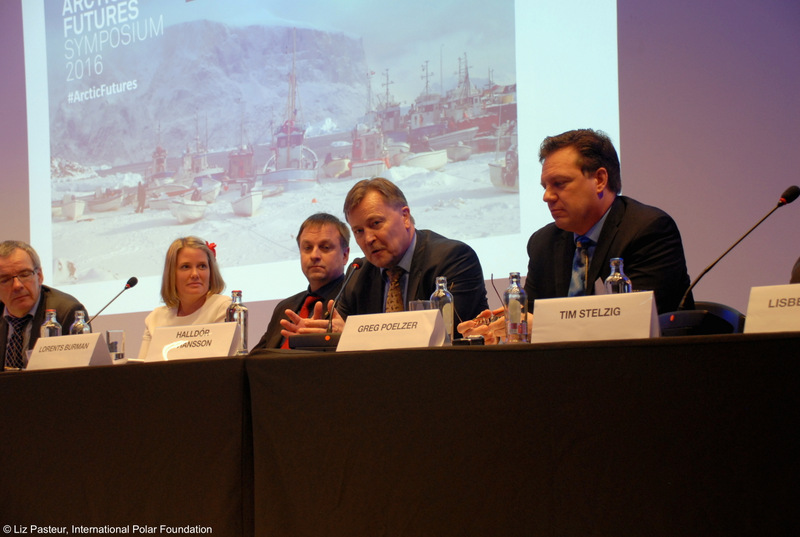The capital of the EU received a visit from a wide range of Arctic stakeholders last week during the 7th annual Arctic Futures Symposium, which was held on November 30th at the Diamant Conference Centre in Brussels, Belgium.
Organised by more than a dozen partners (including NGOs, regional representations and embassies of Arctic countries in Brussels), the annual symposium - which brings together policymakers, representatives of indigneous groups, indsutry representatives, researchers, academics, and NGOs - focused on the theme of “Sustainable Arctic Communities”.
The event opened with a keynote speech from Greenland’s Minister of Foreign Affairs Vittus Qujaukitsoq, who highlighted the country’s capacities as a science hub and hotspot for climate change research, while declaring an openness in his country to partner with Europe.
Topical panels then went on to discuss the shared opportunities and challenges that the Arctic Council faces as it celebrates 20 years of existence (including a lack of regular funding, according to Gunn-Britt Retter of the Saami Council) as well as maintaining peace in the region and the right of Arctic residents to develop their land as they see fit.
Another panel focused on the new EU Arctic policy, which, according to Boris Iarochevitch the European External Action Service, focuses on keeping the Arctic peaceful and free of tensions, safeguarding the region’s environment, enhancing sustainability in development, and maintaining constructive international cooperation. The county governor of Finnish Lapland Miika Riipi stressed that the European regions and the businesses within them should be put in a leading position when it comes to developing the European Arctic.
The remainder of the panels focused on topics ranging from building much needed Arctic infrastructure to finding solutions for energy needs and harnessing renewable energy potential. Lack of proper infrastructure and investments in the region were identified as key bottlenecks to making progress.
One issue or particular interest - brought up by Arctic Portal Director Halldór Jóhannsson, who participated in the conference as a panelist - is that research projects in the Arctic receive funding for only limited periods of time, making it difficult to gather continuous data series - something scientists desperately need to observe trends.
The symposium concluded with a panel led by Henry Burgess, head of the Arctic Office at the UK’s Natural Environment Research Council (NERC), looking at investment and growth opportunities in the Arctic, with a focus on smart specialisation strategies to help Arctic regions focus on what they’re good at. It also looked at ways to involve the private sector, civil society, the public sector and the research sector in the region’s development.
A summary of the conference proceedings will be made available in the coming weeks and will be posted on the conference website.
The organisations invovled in putting together the symposium this year include: the International Polar Foundation (founding organisation), the Institute of the North, the North Norway European Office, the North Sweden European Office, the East and North Finland EU Office, the North Denmark EU Office, Arctic Consensus, the Mission of the Faroes to the EU, the Government of Canada, the Government of Greenland, the Mission of Norway to the EU, the Northern Sparsely Populated Areas network, and the Brussels Capital Region.
